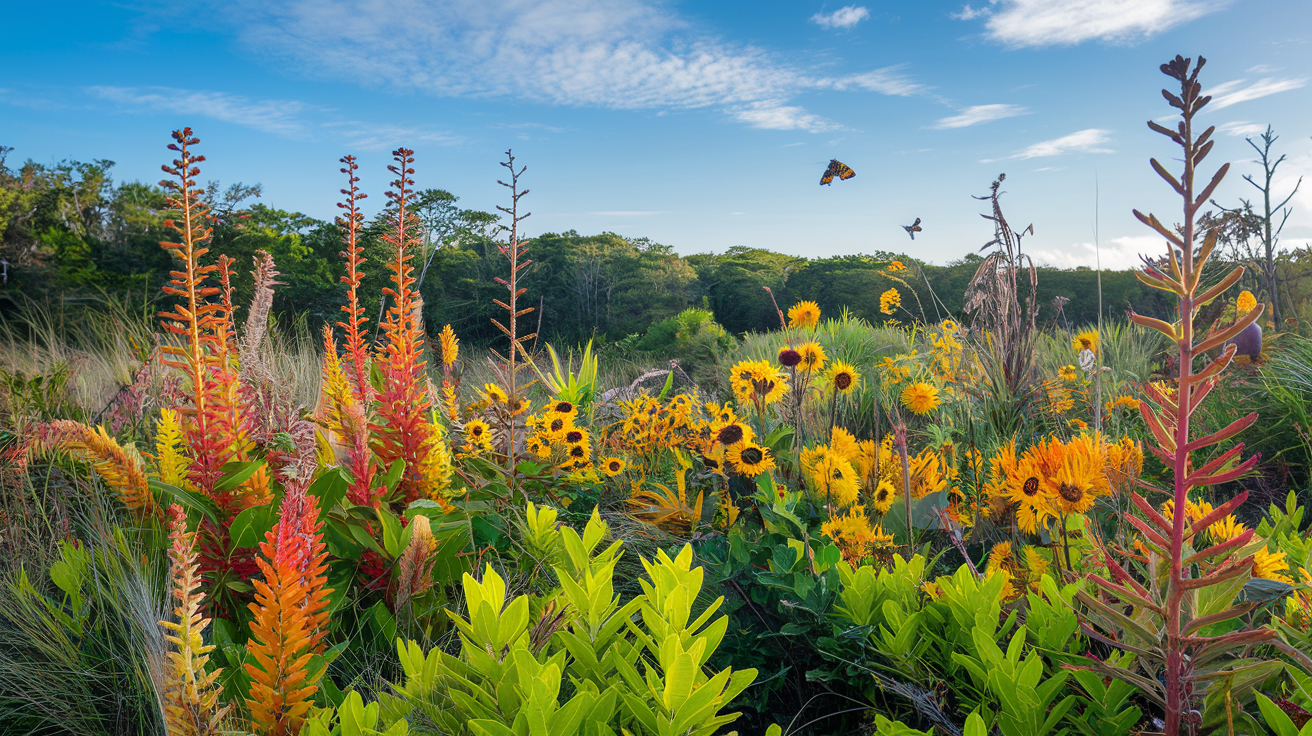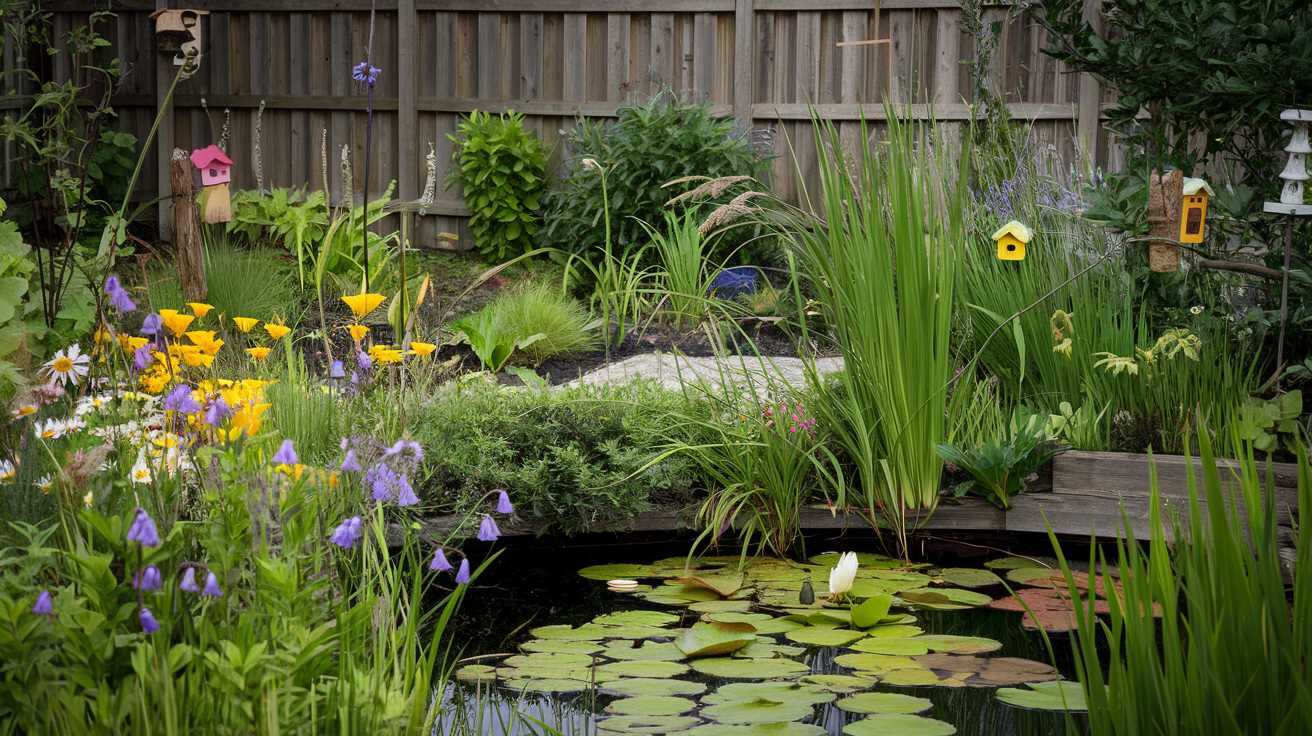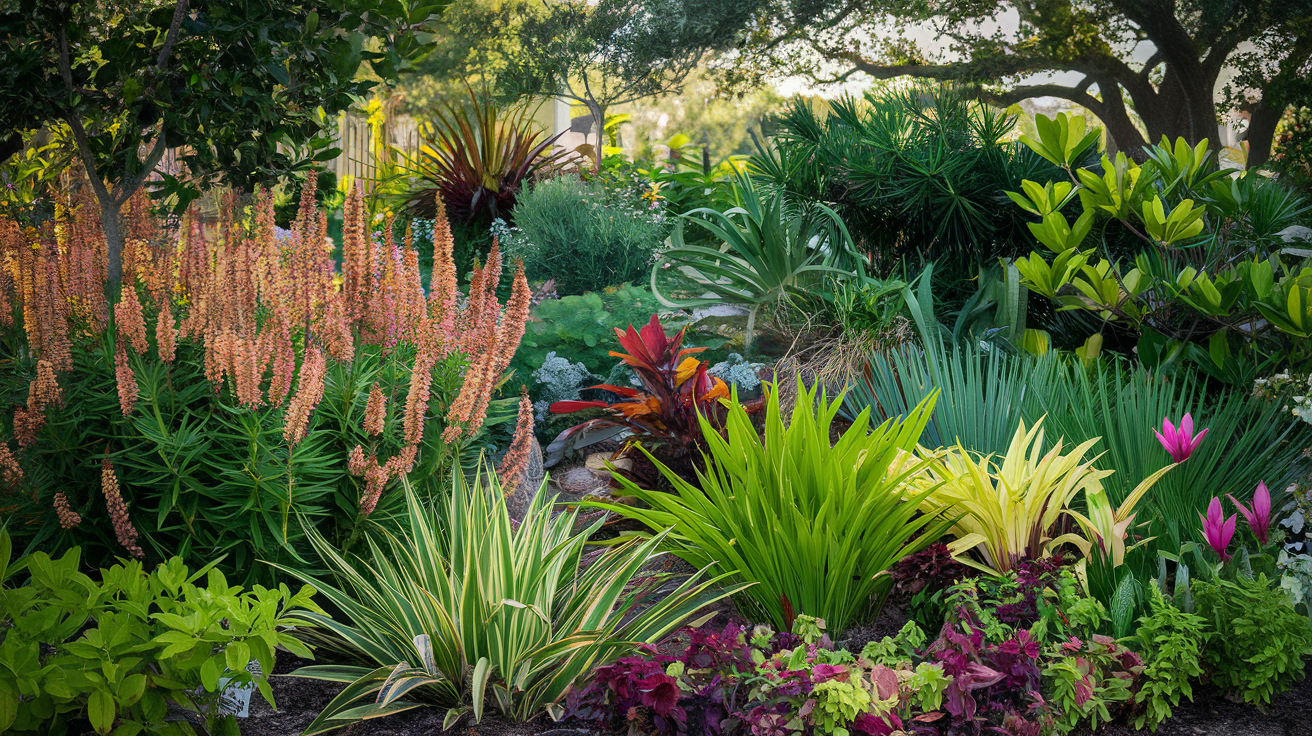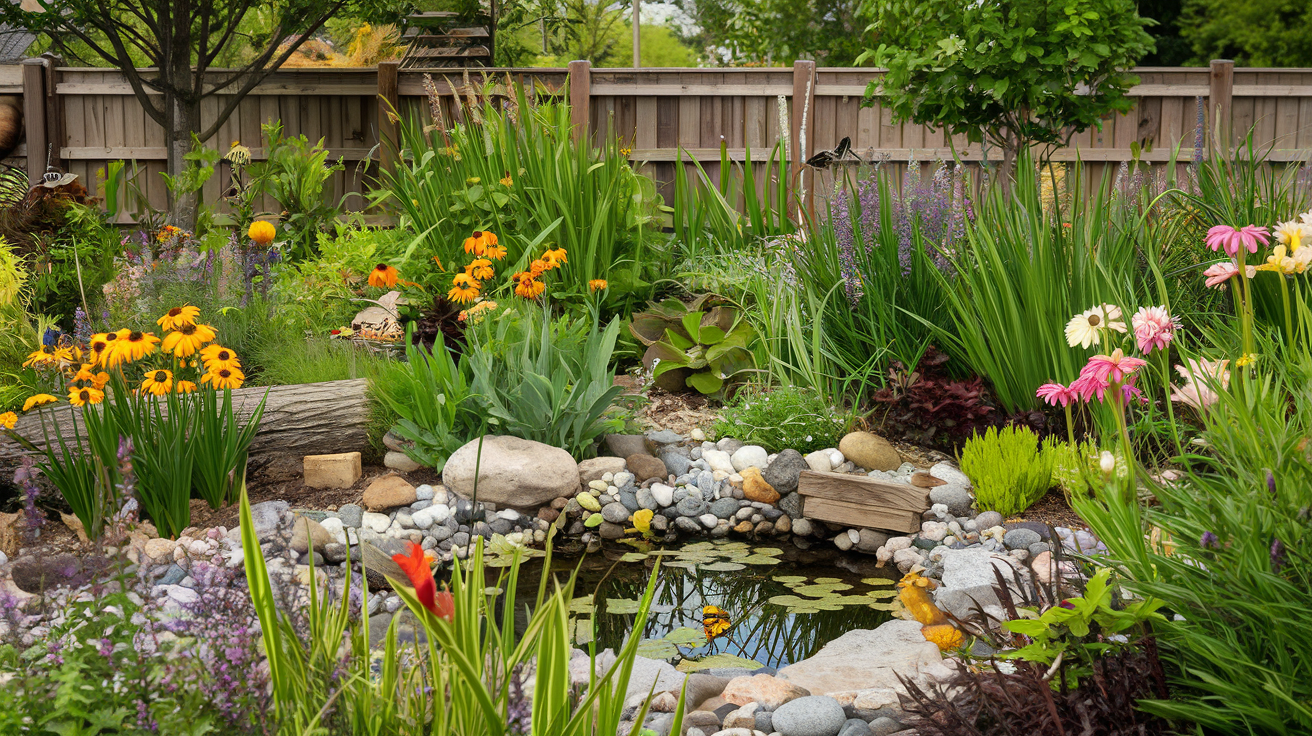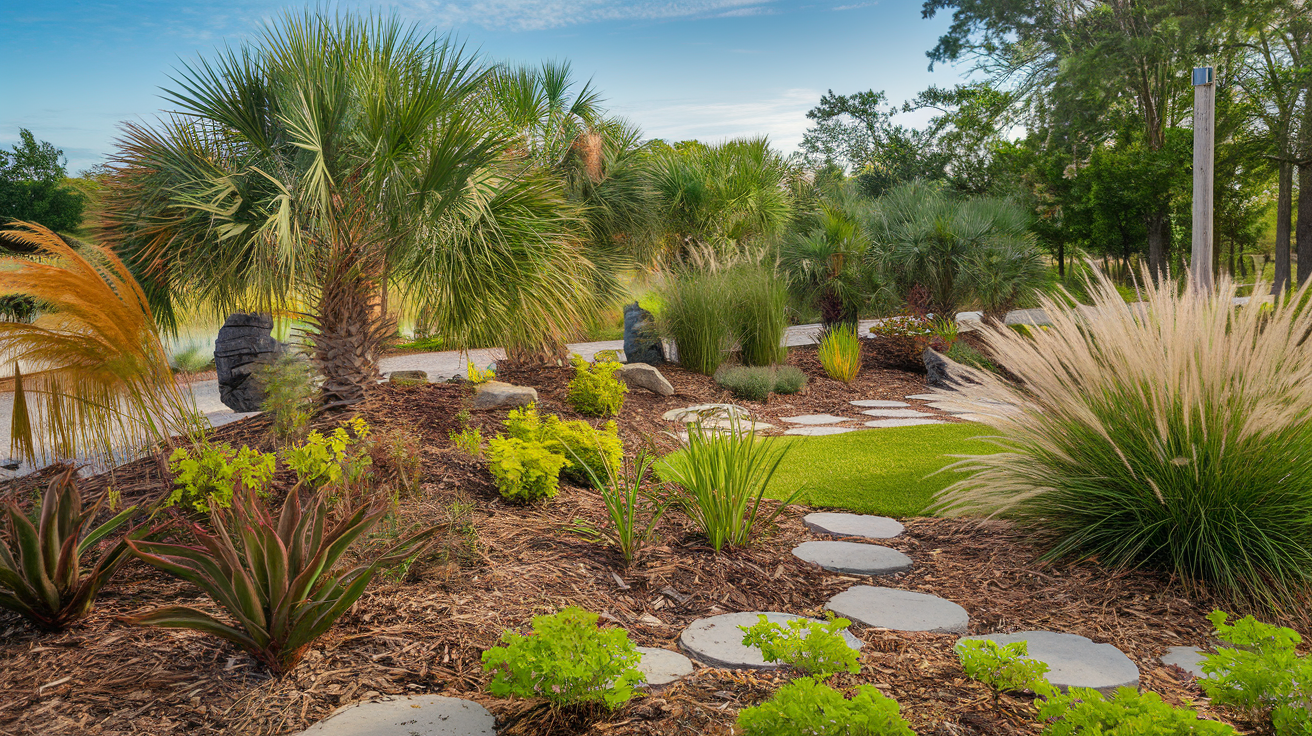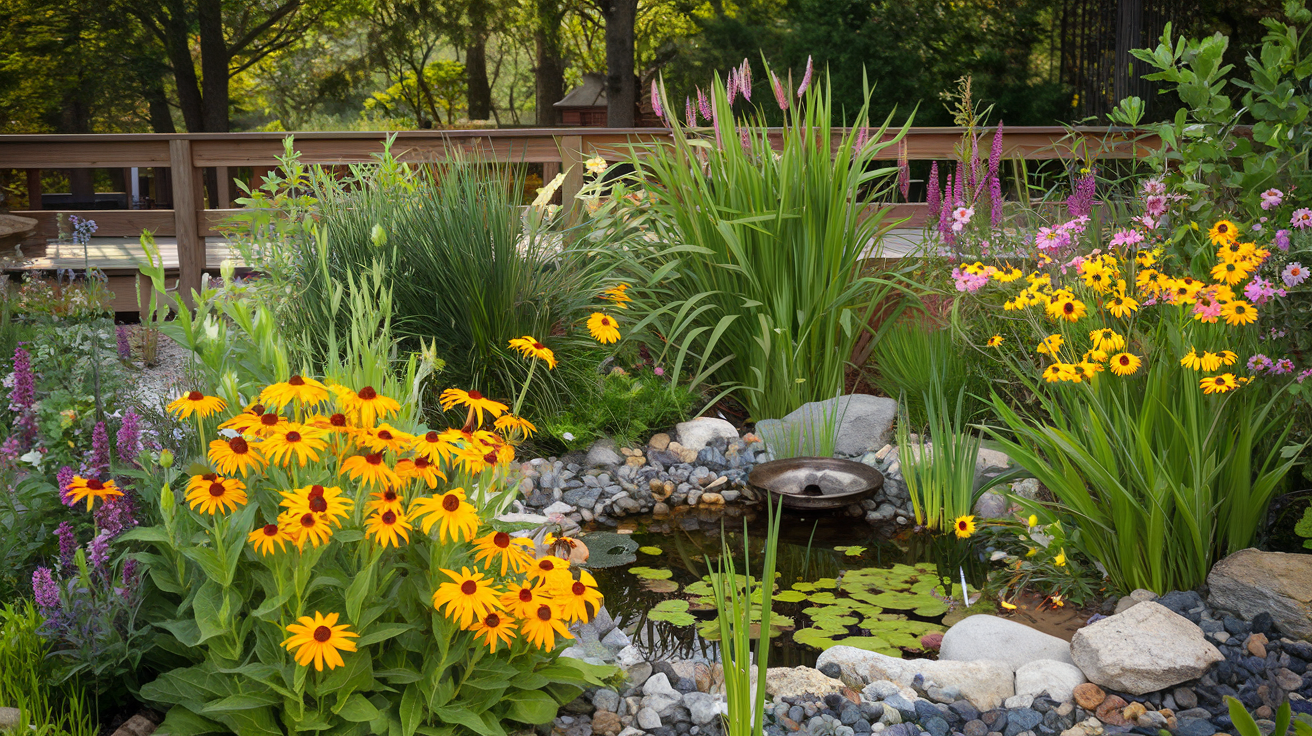How Rewilding Can Boost Your Mental Health and Reduce Stress
In today's fast-paced world, finding ways to enhance our mental health and reduce stress is more important than ever. One innovative approach gaining traction is rewilding, a concept that involves restoring natural ecosystems and allowing nature to thrive. This blog post explores how rewilding can significantly boost your mental well-being and provide a much-needed escape from the stresses of modern life.
Understanding Rewilding
Rewilding is not just about conservation; it's about reconnecting with nature. This movement encourages the restoration of natural habitats and the reintroduction of native species. By allowing ecosystems to flourish, we can create spaces that benefit both wildlife and humans. Rewilding can take many forms, from allowing forests to regenerate naturally to creating wildlife corridors that connect fragmented habitats. This holistic approach not only supports biodiversity but also fosters a deeper connection between people and the natural world.
The Connection Between Nature and Mental Health
Numerous studies have shown that spending time in nature can lead to improved mental health outcomes. Here are some key benefits:
- Reduced Stress: Nature has a calming effect, helping to lower cortisol levels and alleviate anxiety. The sights and sounds of natural environments can create a soothing atmosphere that promotes relaxation.
- Improved Mood: Exposure to green spaces can enhance feelings of happiness and well-being. Engaging with nature has been linked to increased levels of serotonin, the hormone responsible for mood regulation.
- Increased Focus: Nature can help restore attention and improve cognitive function. Studies suggest that spending time outdoors can enhance creativity and problem-solving skills, making it easier to tackle daily challenges.
How Rewilding Can Help
Rewilding initiatives create environments where people can immerse themselves in nature. Here’s how these efforts can specifically boost mental health:
- Access to Green Spaces: Rewilding projects often lead to the creation of parks and natural areas, providing accessible spaces for relaxation and recreation. These areas serve as vital refuges for urban dwellers seeking a break from the hustle and bustle of city life.
- Community Engagement: Participating in rewilding efforts fosters a sense of community and belonging, which is vital for mental health. Working alongside others towards a common goal can strengthen social bonds and create lasting friendships.
- Mindfulness Opportunities: Being in a rewilded area encourages mindfulness and presence, allowing individuals to disconnect from daily stressors. Engaging with the sights, sounds, and smells of nature can ground us in the moment and promote a sense of peace.
Practical Ways to Engage with Rewilding
Getting involved in rewilding can be a fulfilling way to enhance your mental health. Here are some practical steps you can take:
- Volunteer: Join local rewilding projects or conservation groups to contribute to restoring natural habitats. Many organizations welcome volunteers for planting trees, removing invasive species, and conducting wildlife surveys.
- Visit Rewilded Areas: Spend time in parks or nature reserves that focus on rewilding efforts. Take leisurely walks, have picnics, or simply sit and observe the natural beauty around you.
- Advocate: Support policies and initiatives that promote rewilding and conservation in your community. Engage with local government and community groups to raise awareness about the importance of preserving natural spaces.
Conclusion
Rewilding offers a unique opportunity to reconnect with nature and improve mental health. By embracing this movement, we can not only help restore ecosystems but also enhance our own well-being. So, take a step outside, explore rewilded areas, and experience the mental health benefits that nature has to offer. Whether through volunteering, visiting natural spaces, or advocating for conservation, every action contributes to a healthier planet and a healthier you.





